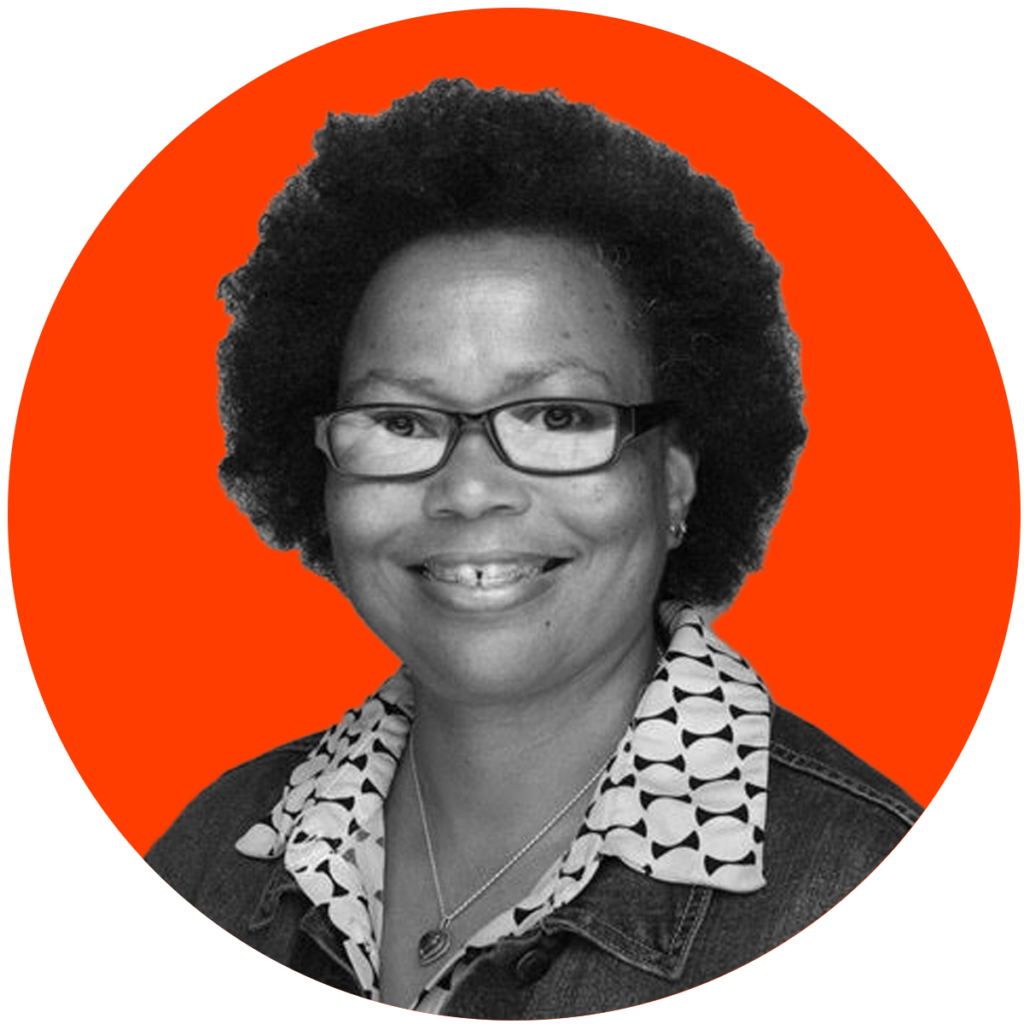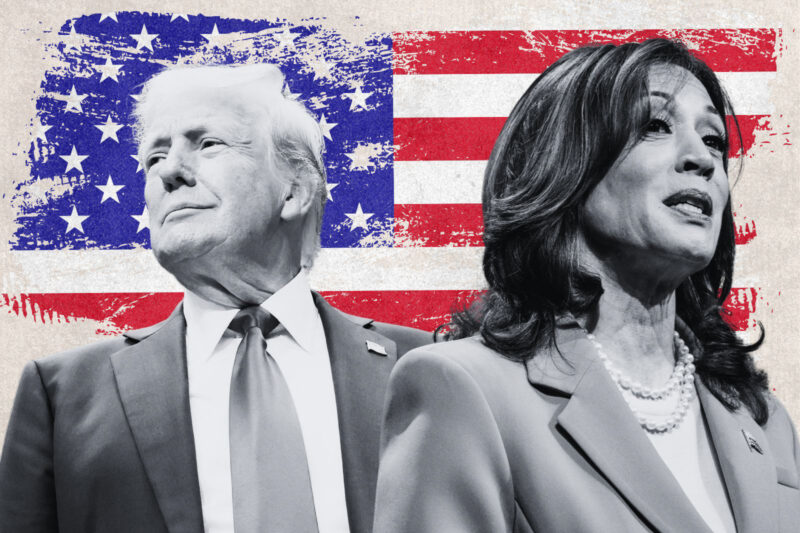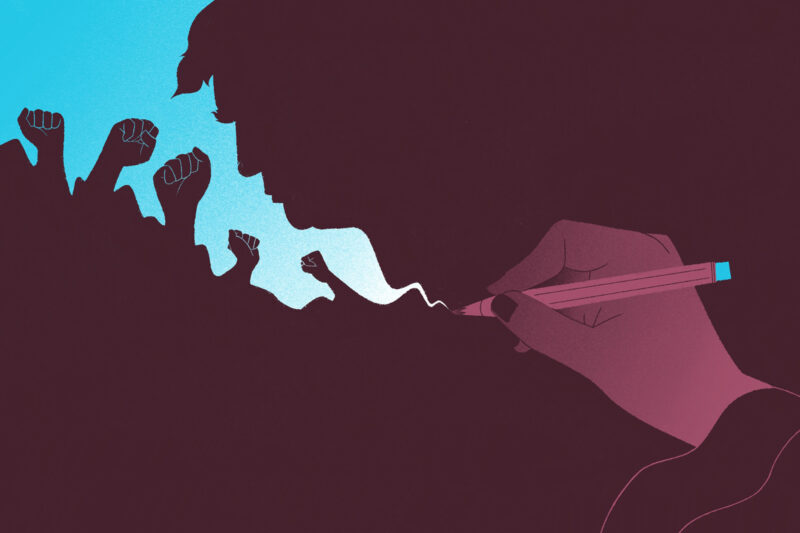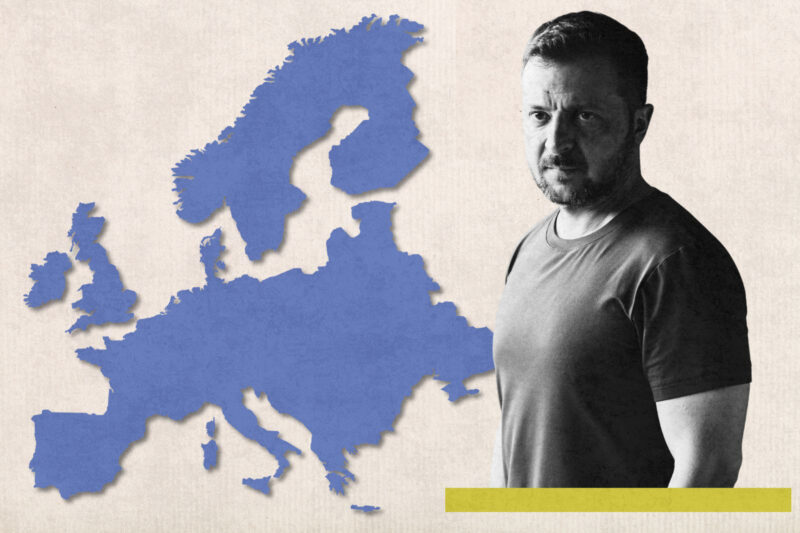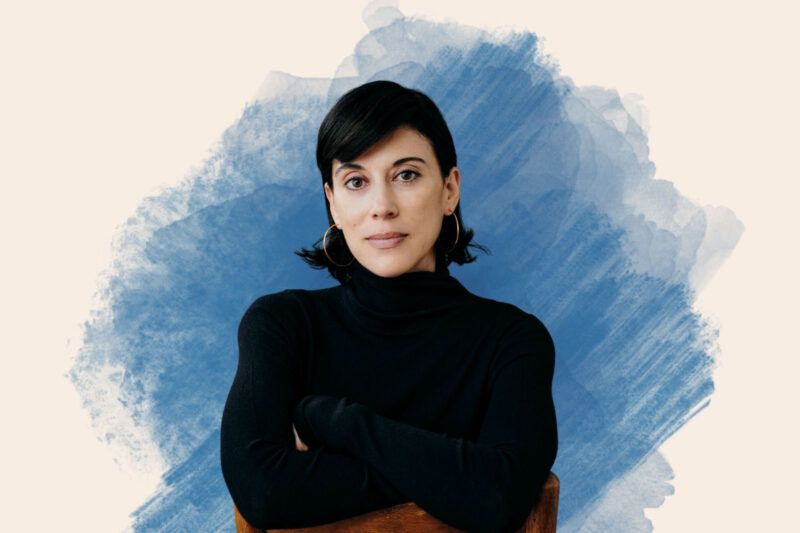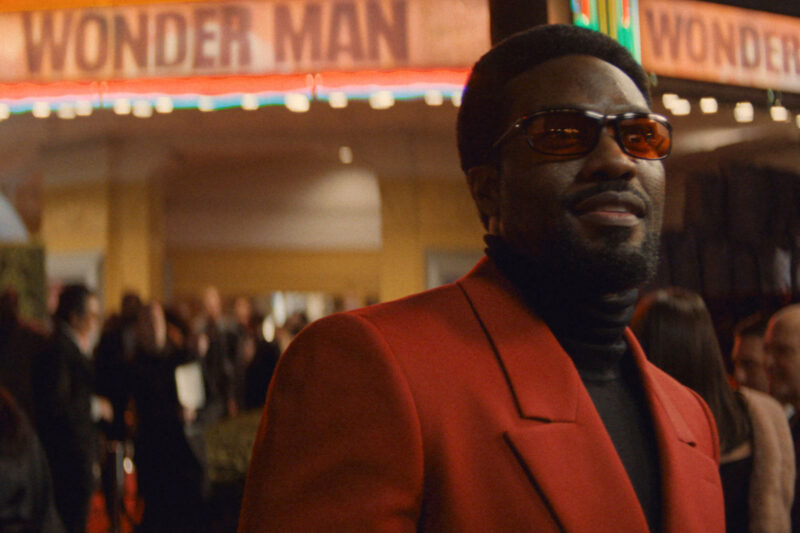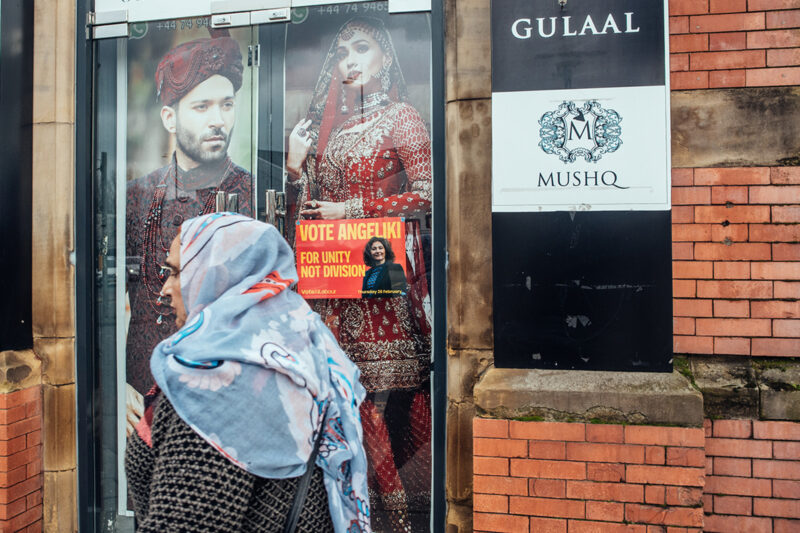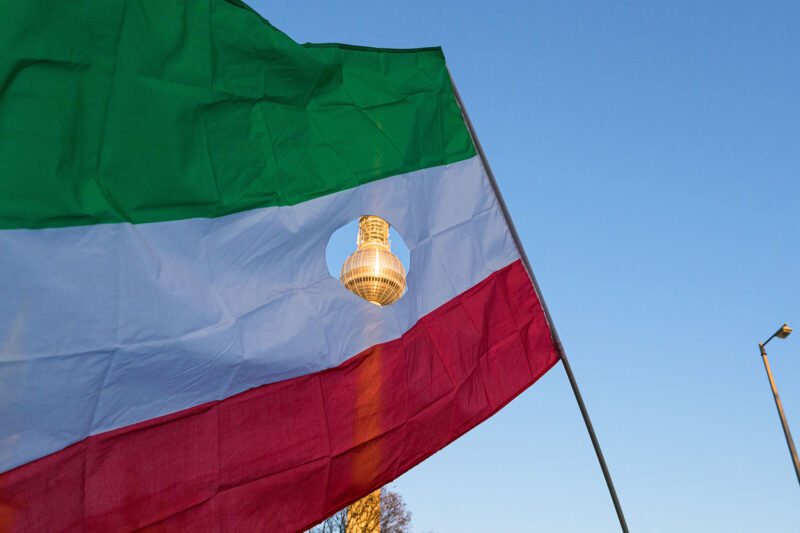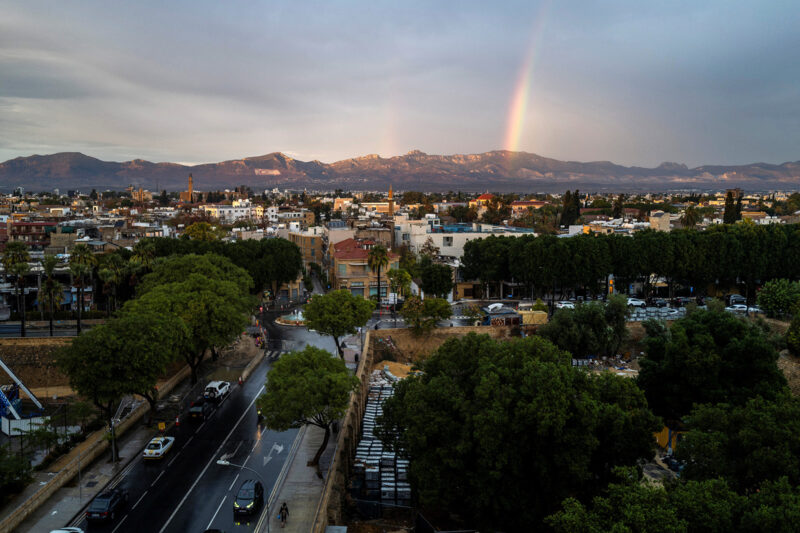Black Muslims in Philadelphia are crucial for Kamala Harris. Has she won them over?
This historically Democratic city is a key battleground in Pennsylvania. But Gaza isn’t the only issue causing the vice-president problems
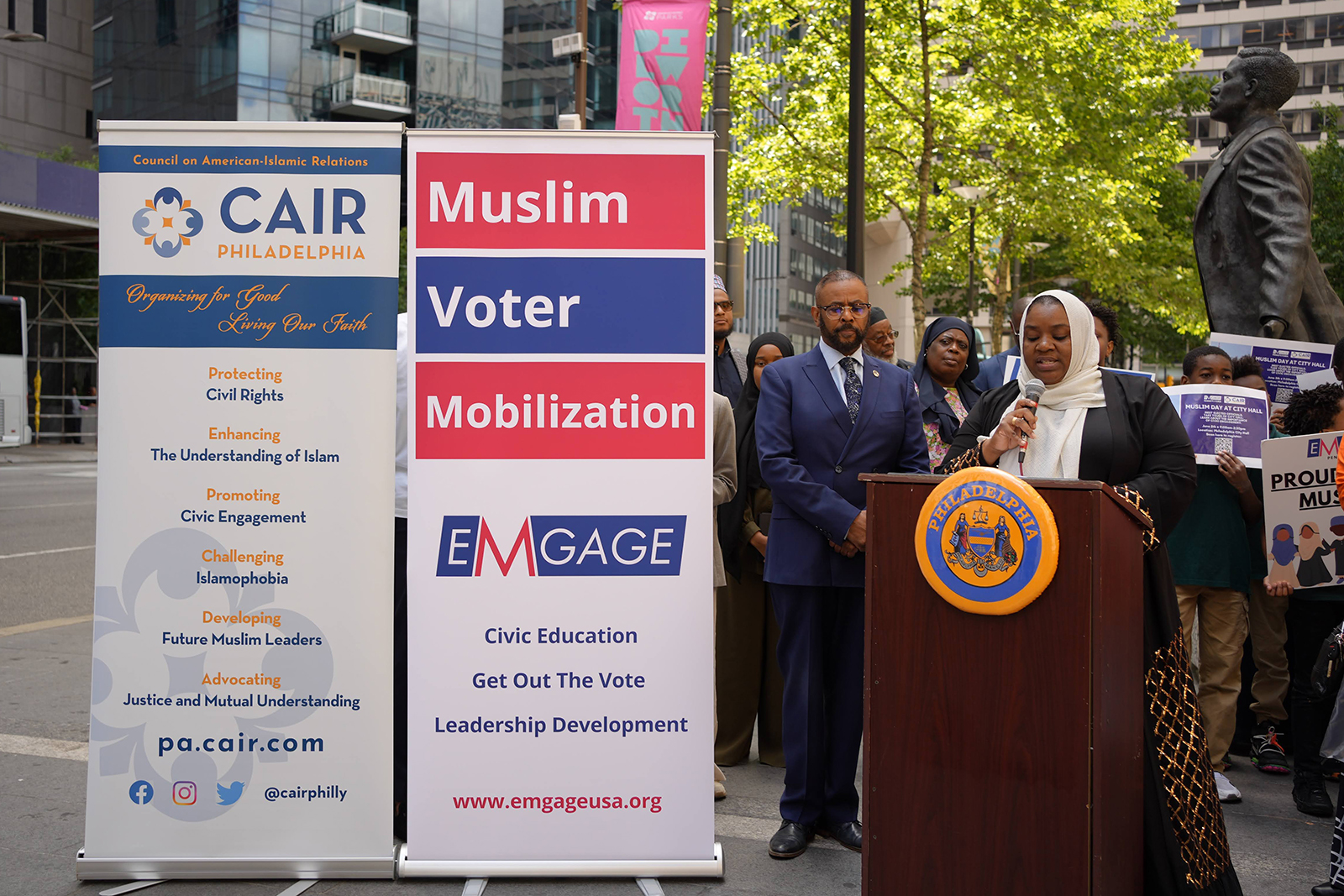
If Kamala Harris can’t win by a wide margin in Philadelphia, one of America’s largest and predominantly Democratic cities, she has little hope of becoming the country’s next president.
Last week, large posters appeared on lamp-posts across the city featuring photos of Harris and her running mate, Tim Walz. Smiling in the foreground is Philadelphia mayor Cherelle Parker. Blue and orange lettering reads:
PHILLY STANDS UNITED WITH OUR MAYOR IN SUPPORTING KAMALA HARRIS
TOGETHER, WE ARE: ONE PHILLY, A UNITED CITY!
Parker, who has pounded the pavement for the Harris-Walz campaign, is Philly’s first female mayor. Like Harris, and like 40% of Philadelphians, she is also African American.
Nestled between the wealthier hubs of New York and Washington DC, Philadelphia is home to a predominantly working-class population and leans so heavily Democratic that it makes its otherwise conservative home state of Pennsylvania a so-called “swing state”. It also means that the Philly metro area is one the country’s most consequential when it comes to national electoral politics for Democrats. And the stakes here are uniquely high for a candidate like Harris — there is a firm expectation within the Democratic party that a Black candidate can guarantee robust support from Black voters.
But nothing is certain in this election cycle, and that’s especially true for Black Muslims in Philadelphia. While few are able to look past the racist overtones of Donald Trump’s Maga movement, many Black Muslims here also oppose the Biden administration’s support for Israel as the war in Gaza wears on.
“The community is not a monolith,” said Salima Suswell, who is the founder and chief executive of the Black Muslim Leadership Council, a national non-profit organisation that focuses on policy advocacy, voter engagement and civic education.
“You can go in one space and hear a lot of support and excitement and people who are ready to go and ready to help vice-president Harris get elected. Then you have some voter apathy and some folks who are upset about what’s happening with the war in the Middle East and feel like Harris is complicit with the genocide that is taking place. So they’re not comfortable with supporting her.”
Harris cannot afford to alienate Black Muslims in the region. According to the city’s own director of Muslim engagement, Philadelphia — whose tourist board calls it the “Mecca of the West” — is home to 250,000 followers of Islam. In 2016, after years of advocacy by religious and community groups, it became one of the few cities in America where Eid-al-Fitr and Eid-al-Adha are official holidays for public schools, and can be taken off by city workers without penalty.
In some parts of the US, Muslim political groups have voiced support for Trump, stemming in part from anger over the Biden administration’s handling of Gaza. That sentiment can be found here too. But at the same time, Trump’s pledge to renew the so-called “Muslim ban” — the 2017 executive order that imposed a travel ban on people from seven majority-Muslim countries — looms large.
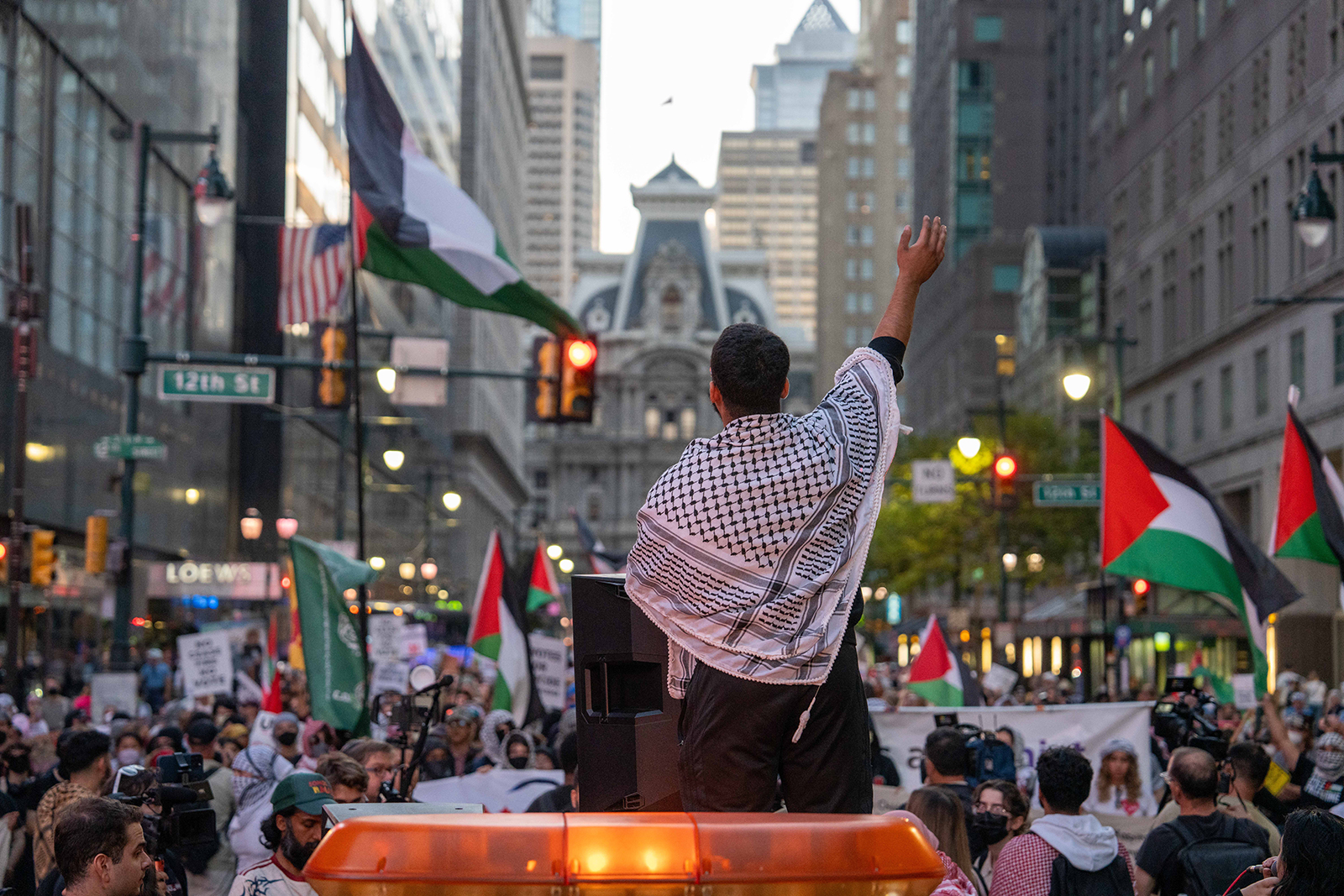
For that and plenty besides, Black Muslims here aren’t ready to forgive Trump, said state senator Sharif Street.
“The African American Muslim community in Philadelphia is very acutely aware of all of the Islamophobia and racism that Donald Trump advances,” said Street, who also chairs Pennsylvania’s Democratic party. “The Islamic movement in the African American community was very much connected, at least originally, to social consciousness and political awareness.”
Street is referring to the 1960s and 1970s, when African Americans converted to Islam in huge numbers, inspired by Black liberation movements and leading figures such as Malcolm X and Muhammad Ali. With its centuries-deep history of Black activism on civil and political rights, Philly was a major site for this cultural shift.
“I think a lot of the Black Muslim community in America and Philadelphia is very keenly aware. Folks talk about the Muslim ban. Folks talk about his [Trump’s] racism. All that cut pretty deeply for African American Muslims,” Street said.
There is, though, also the matter of Harris’s gender — and the fact that patriarchal norms still have significant influence in some Muslim communities. City council member Curtis Jones, who is one of two Muslim members of Philadelphia’s representative governing body, says the city is home to both conservative mosques that don’t believe that a woman should lead and more progressive ones that fully support Harris.
But one of the more subtle problems Harris has been having with gender nationwide is the perception that she’s ignoring Black men. Through groups like Higher Heights, and Win With Black Women, such issues as reproductive rights have taken centre stage.
While Harris announced a series of programmes directed towards Black men earlier in the campaign, getting the message out has been difficult, Jones said. That lack of organisation could have a negative effect for Harris, failing to counter the myth that more opportunities for Black women necessarily means increasing the very real marginalisation of Black men. On the issue of gender, some Black men may find themselves in agreement with white male conservatives.
“If you go to Potter County and talk to some of the men out there, you’ll hear that they feel abandoned and that their agenda isn’t being addressed,” said Jones, referencing a predominantly white and working-class county in northern Pennsylvania. “Juxtapose that with the barber shop boys” — barber shops are a common gathering place for Black men in America — “and you’ll hear the same thing.”
White men in Potter County may respond to this impulse by voting for Trump, who is seen as a defender of patriarchal family values. But Trump’s record on race and Islam may mean that some of Philadelphia’s Black Muslim men simply choose not to vote at all, feeling that neither candidate represents their interests.
There’s a further dimension to this non-participation for Philadelphia’s Black Muslims. “I know a lot of Muslims that don’t vote, that don’t believe in voting, that come from the teachings of ‘this isn’t our land, and we shouldn’t have nothing to do with their politics’,” said Sister Taleah Taylor.
Taylor’s work as president of the City of Dreams Coalition — a group of 150 organisations that provides resources to neighbourhoods most affected by gun violence — is particularly salient for Muslim communities across the city. In spring this year, a shootout at an outdoor Eid-al-Fitr celebration where more than 1,000 people had gathered saw three people injured.
She understands sentiments such as these, but believes the race is far too important for voters to stay on the sidelines. “This is our land,” she said. “This is where we were born. We are American Muslims first, and we need to take part in what’s going on where we live.”
Knowing that both parties have harmed Muslim communities, the goal should be “harm reduction”, said Aliya Khabir, who works with Muslim women’s charities and spoke to Hyphen before starting her day as a marketing manager.
“I am indigenous to this land,” she said. “My parents, grandparents, great-grandparents, all the way back to 1619, are indigenous to this land.
“I think we can all agree that all parties are trash. So I have no choice but to choose the people who are going to do the least amount of harm.”
She added: “Islam has a saying: you must tie your camel. Basically, what it says is, go ahead and pray, but when you finish praying, get up off the prayer mat and do something.”
 Newsletter
Newsletter

